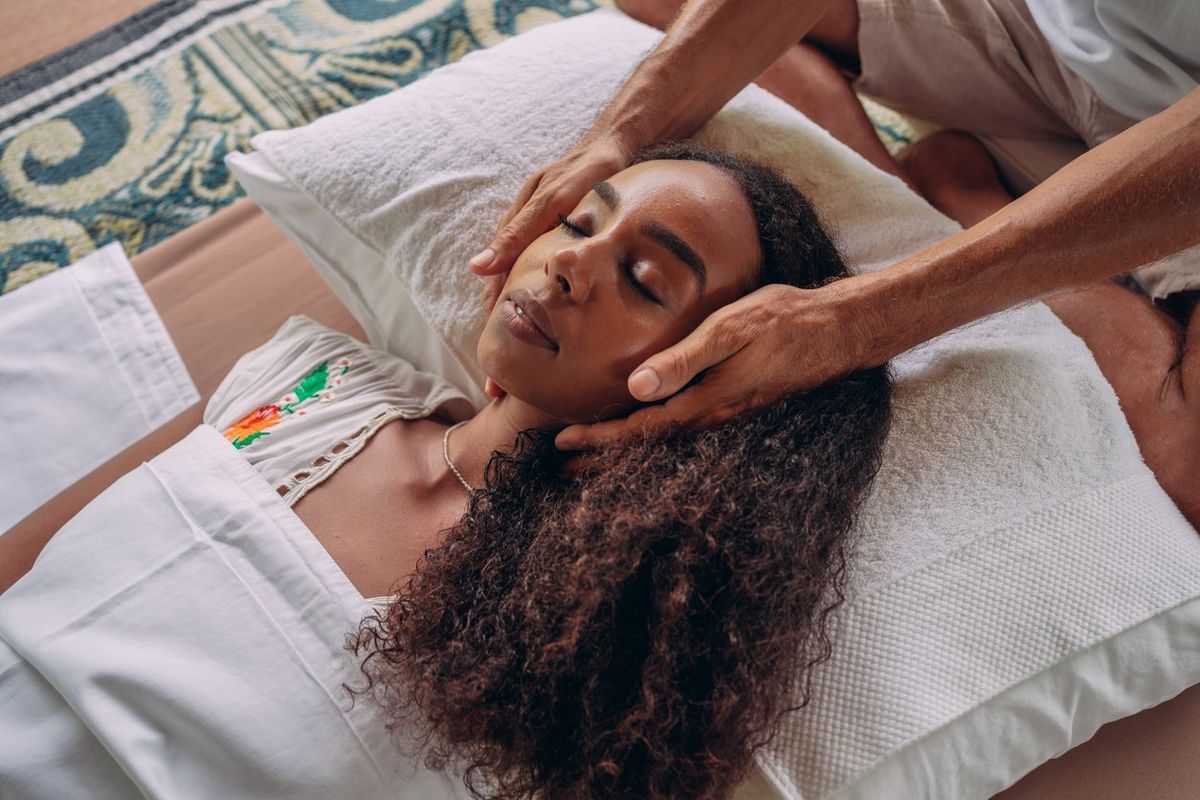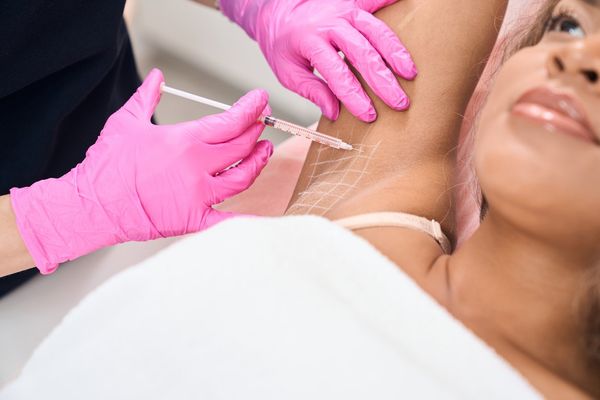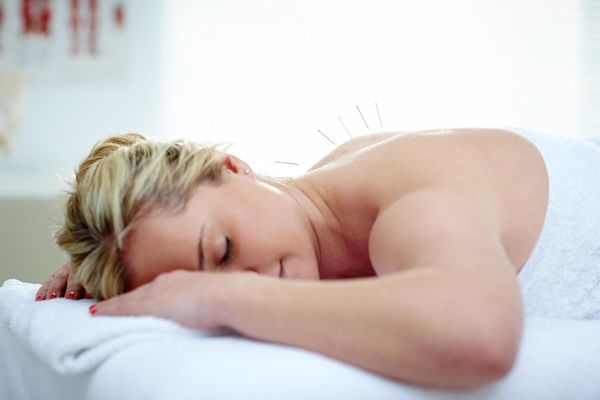If you've been reading about yoga, meditation or tai chi, you've probably at least heard a passing mention of reiki, a Japanese practice that utilizes heat and energy to heal and soothe discomfort.
So, what does this ancient technique consist of and how does it work? The word means "life force energy," and the technique is based on the idea that when this type of energy is low, the body is more likely to be negatively affected by stress or illness. Proponents of the practice say that it can create feelings of glowing radiance that affect the mind, body and spirit.
During a reiki session, a practitioner holds his or her hands slightly above your body at specific points until they feel that a warm or tingling sensation has slowed down or stopped. Reiki involves 12 to 15 positions, and each is held for roughly two to five minutes. Sessions usually last 30 to 90 minutes, depending on the setting and your reason for getting the treatment.
Typically, people use reiki for relaxation and stress relief. However, it is also commonly used as a complementary or alternative medicine (CAM) to help treat anxiety, pain and symptoms of HIV or AIDS and may be used by people experiencing side effects of cancer treatment. The practice is thought to benefit people who are nearing the end of life, both as a stress and pain reliever.
It's important to note that you should never use reiki as a substitute for proven treatments and medications. Always consult with your primary care physician regarding any CAM you are using, even if it comes with no apparent risks or side effects, as is the case with reiki. Talking openly with your health care provider about all of the treatments and practices you use to maintain your health will help them recommend safe and coordinated care.
Currently, government-funded trials are under way to determine whether reiki can treat fibromyalgia, reduce anxiety stemming from prostate cancer or alleviate nerve and heart problems in people with type 2 diabetes. Additionally, researchers want to see if the practice has any measurable positive effect on the quality of life of AIDS patients.
So far, no scientific research backs up the effectiveness of reiki.







